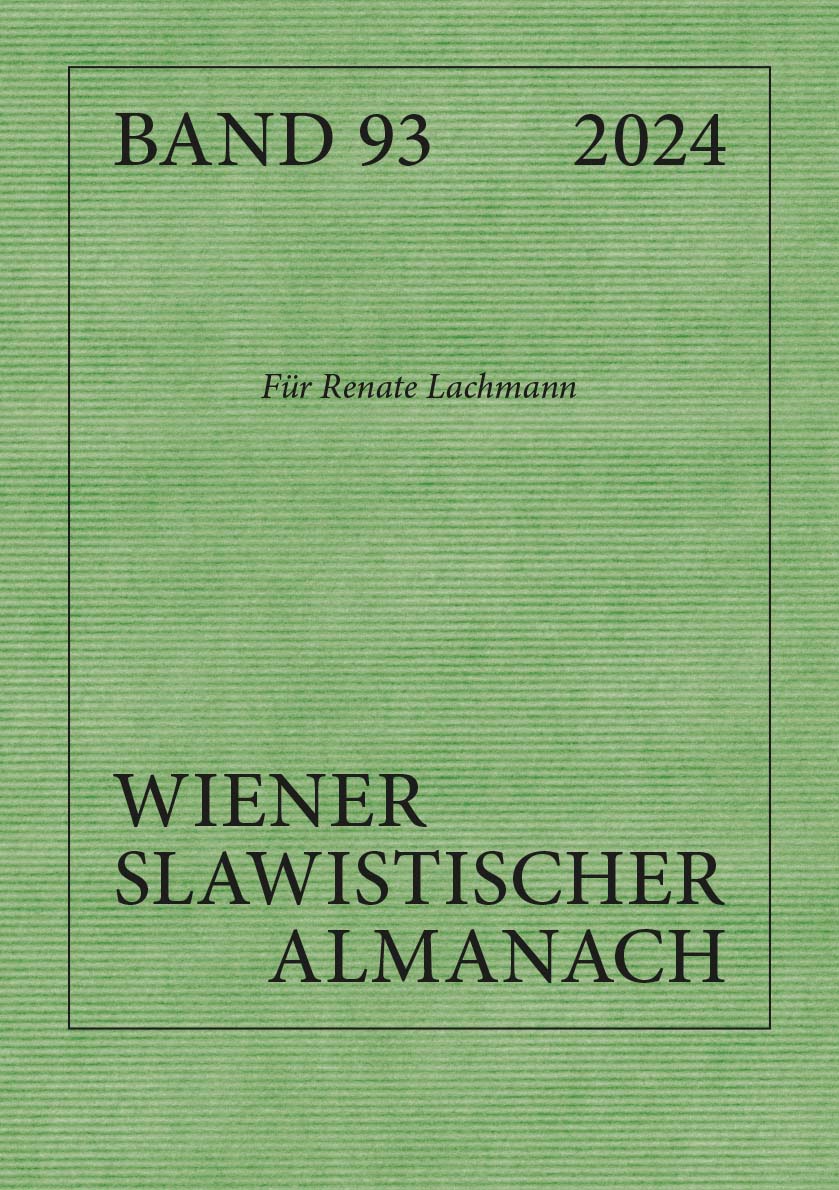Translation als mediale und kulturelle Transition: Vera Pavlovas Gedichtband „Nebesnoe životnoe“ („Himmlisches Tier“, 1997/2021)
Veröffentlicht am 04.02.2025
Schlagwörter
- Vera Pavlova,
- intercultural translation,
- transition
Abstract
The article considers the quests of (literary) translation and (cultural) transition in the recent translation of Vera Pavlova’s first anthology of verses, Nebesnoe životnoe –The heavenly animal (1997) into German (2021a) by the author of these lines. It takes into account the problems which arise due to the differences in ethic traditions (concerning for instance sexuality, as articulated by a female voice), aesthetic and poetical standards and special language-qualities in the usage of different idioms as well as the perspective of translation as a form of cultural exchange in the view of Bakhtin’s philosophy of dialogue. It highlights the fact that translations of literature depend on the genres of both the source and the target texts. Basic problems of translation (considering the relation of the languages involved) are exemplified by Krleža's Ballads of Petrica Kerempukh (1936) and the late medieval German/Dutch folk book Dyl Ulenspegel / Ulenspieghel (1510/1525–1547). The article also directs attention towards the concept of translation as seen in Pavlova’s own work, especially her idea that poetry is a case of translation in itself. This, in turn, refers to Benjamin’s theory of translation, particularly the concept of reine Sprache (pure language) in the translation of poetry.
Zitationsvorschlag
Copyright (c) 2025 Rainer Grübel (Autor/in)

Dieses Werk steht unter der Lizenz Creative Commons Namensnennung 4.0 International.

